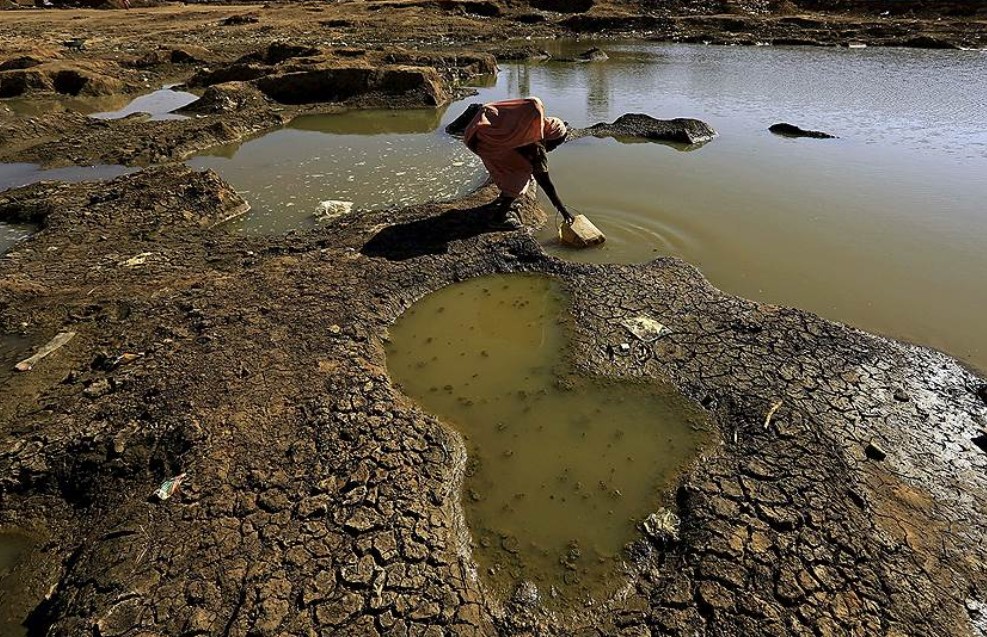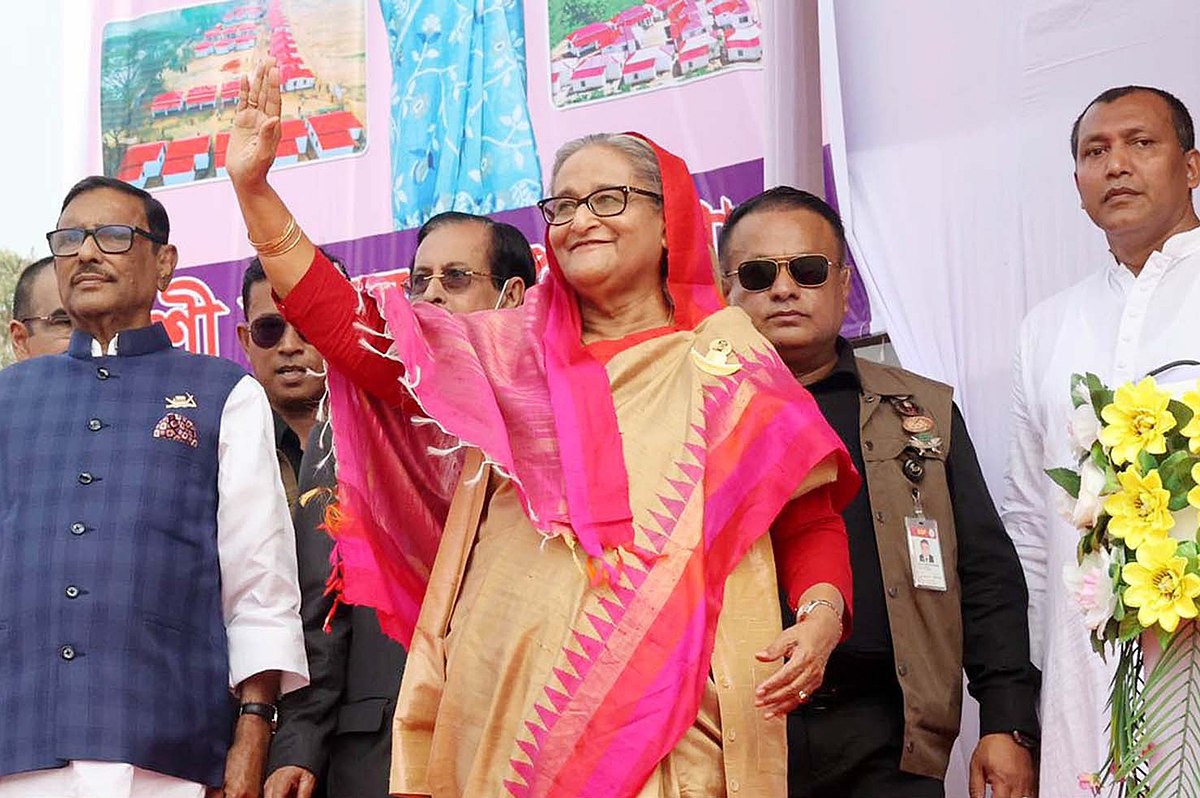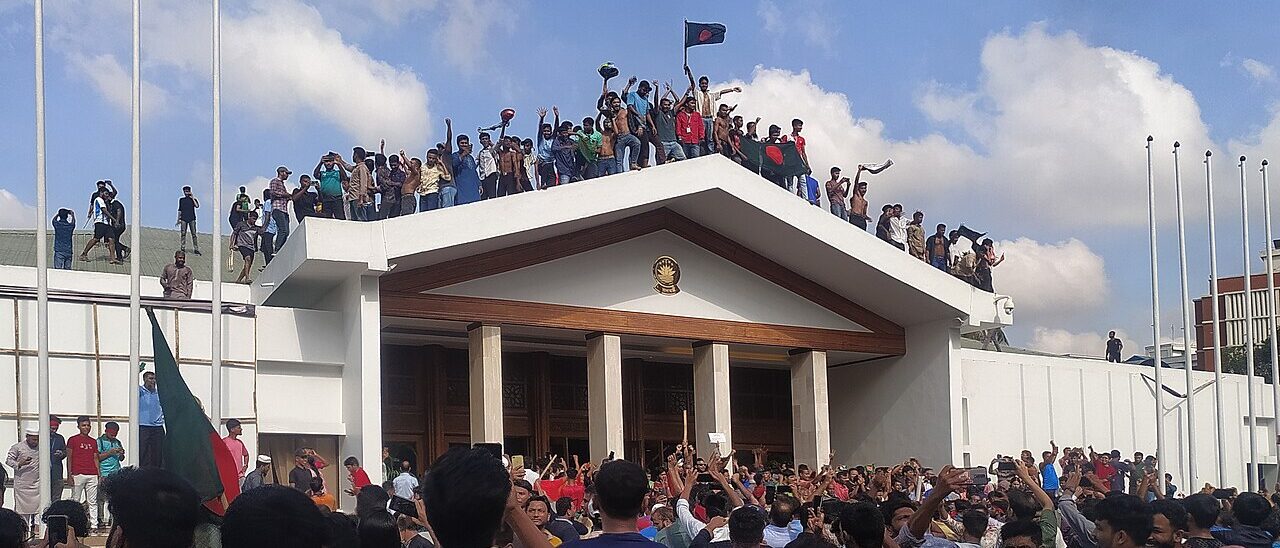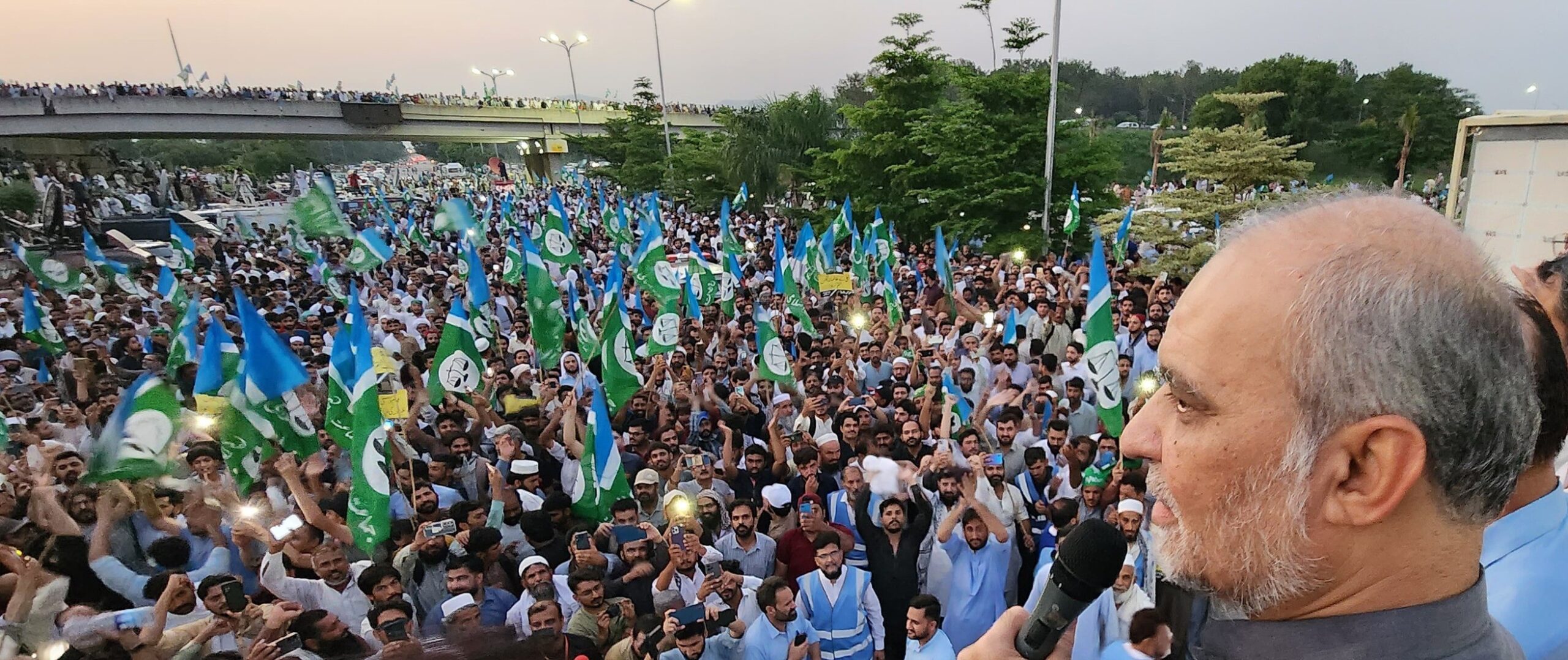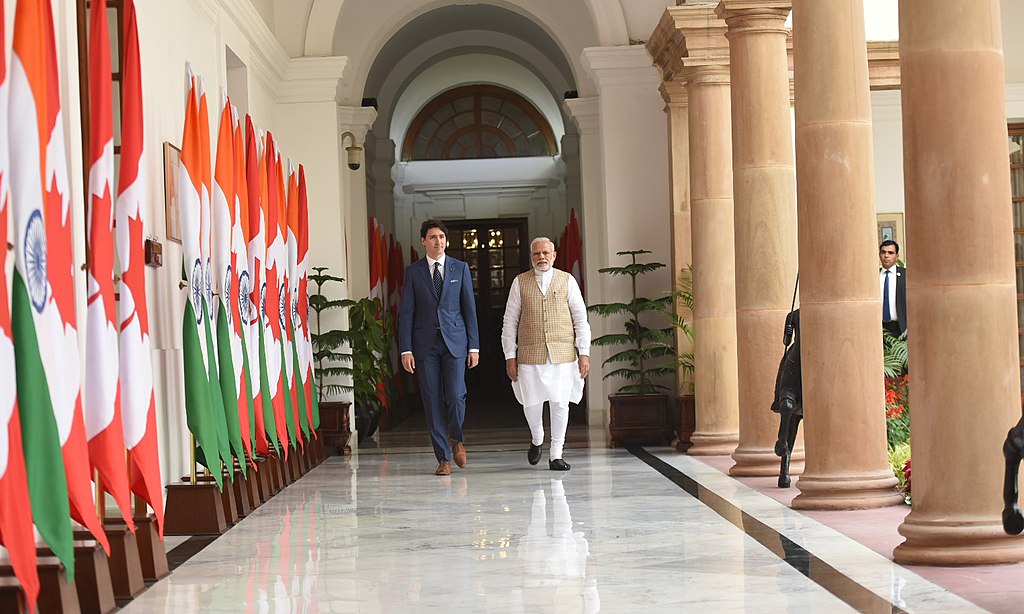This is a summary of the original article by Bilou that may be found here
When we think of water, we don’t initially think of life, nor do we think of our Deen. However, the Qur’an mentions how all life is primarily made of water:
“We made from water every living thing.” (Surah al-Anbiya: A.30).
The Qur’an also describes it as the basic element that existed even before the heavens and the earth:
“And it is He who created the heavens and the earth in six days, and his Throne was upon water.” (Surah Hud: A.7).
As Allah’s (SWT) vicegerents, we need to hold onto this precious resource and be conservative in its use and care.
“And it is He (Allah) who has made you successors (khala’ifa) upon the Earth and has raised some of you above others in degrees [of rank] that He may try you through what He has given you. Indeed, your Lord is swift in penalty; indeed, He is Forgiving and Merciful.” [Surah al-An’aam: 165]
Unfortunately, we have not upheld our trust of the water that was left to us. That is because we take this resource for granted and think there are no responsibilities attached to its free use.
Abdullah ibn Amr reported: The Messenger of Allah, (SAWS), passed by Sa’d while he was performing ablution. The Prophet (SAWS) said, “What is this extravagance?” Sa’d said, “Is there extravagance with water in ablution?” The Prophet (SAWS) said, “Yes, even if you were on the banks of a flowing river.” [Musnad Aḥmad]
Research has found that the water levels in the Tigris-Euphrates Basin comprising Turkey, Syria, Iraq and western Iran are falling fastest on the planet after Northern India, while rising temperatures will make the MENA (Middle East and North Africa) region uninhabitable by 2050.
As temperatures rise, water becomes scarcer, which means less vegetation and less food overall. This causes thousands of rural residents that rely on farmland to relocate to urban areas, making them more densely populated. This puts considerable pressure on the economy and, in turn, strains the political climate which is often a precursor to uprisings and war.
It is a matter of time before droughts, famine, and the prospect of civil strife compel nations to sign water treaties to avoid unpleasant scenarios. Some might see this connection as an exaggeration, but it is myopic to see these issues as separate entities, and by treating them as such we further demonstrate our ignorance and arrogance.
Climate change is real and it isn’t going away. It directly impacts water, which directly impacts life.
Over 1.1 billion people lack access to clean water. Half of the children born in the developing world will live in homes that do not have accessibility to an improved water and sanitation system. This will greatly influence the chances of their survival and development.
Our oceans and rivers are contaminated to levels humanity has never seen before. Plastic fills our oceans and mercury levels are at their highest, not just making water unsafe to drink, but harming wildlife and marine ecosystems in the process. When life in the ocean is gone, life on Earth won’t last much longer.
Some forms of water crises are the direct result of the insatiable greed of man.
Among the three types of people who Allah (SWT) will neither talk to, nor look at, on the Day of Resurrection is theman who withholds his surplus water. Allah (SWT) will say to him: “Today I will withhold My Grace from you as you withheld the surplus of what you had not created.” [Bukhari]
Think of countries withholding water from citizens, or multinational companies exploiting poor countries of their water because they see its economic value and deprive natives of it for selling it to consumers.
What is our socio-economic role in this? What is our responsibility as Muslims, who were raised to take care of this amaanah (trust)?
The Prophet (SAWS) told his wife, Ai’shah (RAA): “If you give water to people out of charity, especially when people are in dire need of it, or during the dry season when people are suffering from the scarcity of water, you will have the reward of one who sets a slave-girl free.” [Ahmed]
Women can play a leading role in bringing about change, because what is needed is more of a cultural and educational change, and women are in prime position as early guardians to make that change. It is women who walk miles in developing countries to fetch water for their homes; they understand its value and appreciate its purpose.
True peace and harmony come from working together to save our planet, our resources, and the natural environment. When we solve our environmental issues, a lot of our worldly issues will be solved. Less demand and fighting over oil, more accessibility to clean water, abundance of food, and an equal opportunity for all humans to succeed.
The world we live in is a trust bestowed upon us for future generations. Ensuring that our brothers and sisters everywhere, and those who succeed us, have access to clean water is our responsibility as Muslims.
Let’s start by remembering that Makkah started with water – Zam Zam – around which a tribe initially settled, then rose in size, and eventually grew into the city where our history as Muslims begins.
The views expressed herein may not necessarily reflect the views of JI FAD and/or any of its affiliates

